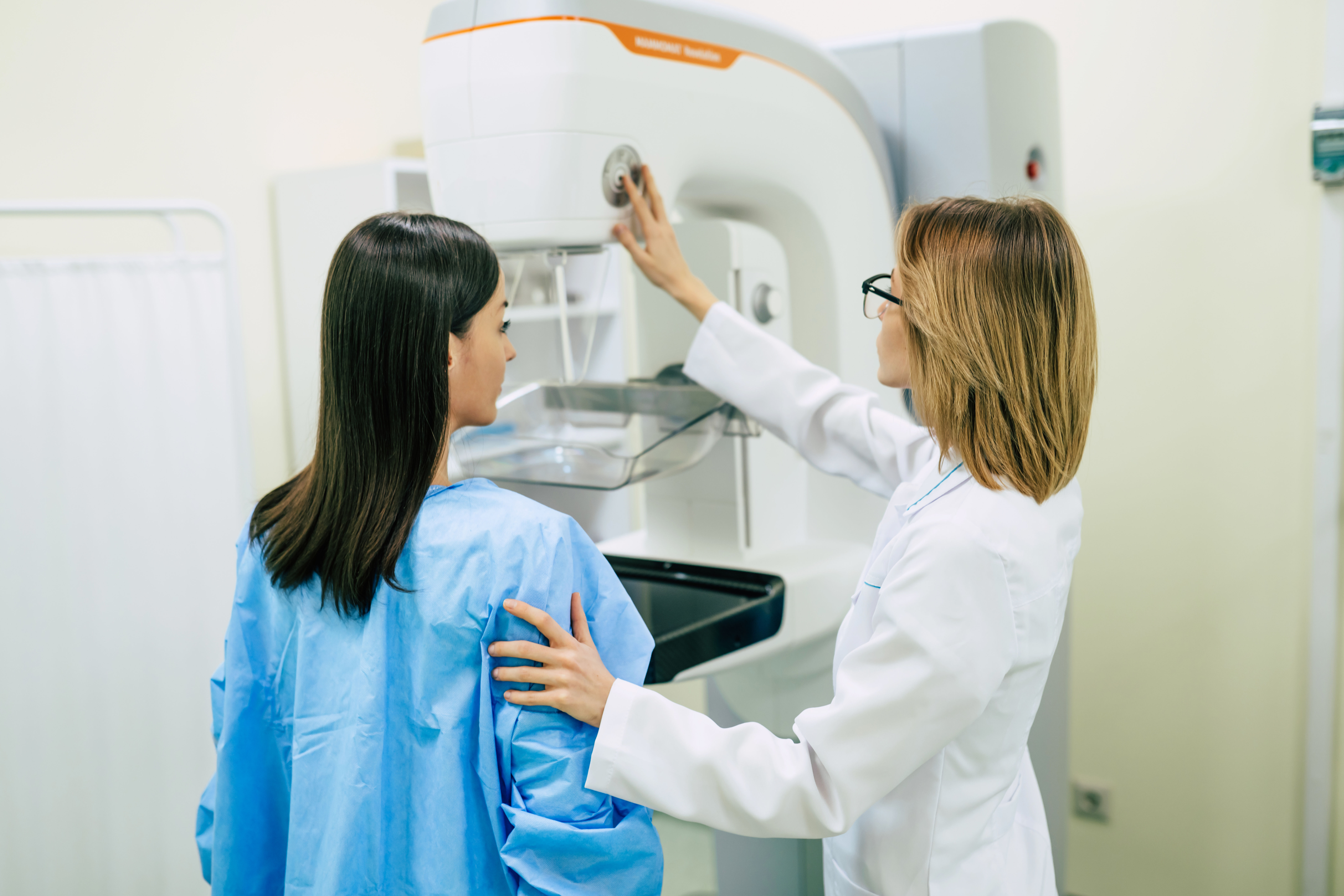This content is sponsored by MedStar Washington Hospital Center.
Chemotherapy is a well-known and effective treatment for fighting cancer. Advancements in chemotherapy, as well as a better understanding of how to incorporate other treatments alongside it, can help give cancer patients better outcomes.
Chemotherapy is a word many people are familiar with when it comes to cancer treatment. It is a common drug treatment that uses powerful chemicals to kill fast-growing cancer cells in the body. It’s estimated that each year, more than 1 million cancer patients receive chemotherapy or radiation in an outpatient oncology clinic in the United States, according to the Centers for Disease Control and Prevention.
Chemotherapy can be used on its own or before or after surgery, depending on the case, said Dr. Irina Veytsman, a board-certified medical oncologist/hematologist at MedStar Washington Hospital Center’s Cancer Center. About 60% of patients survive cancer with surgery alone, she said. Chemotherapy on its own can slow and stop cancer cells’ ability to divide, multiply and spread. Over time, however, chemo may become less effective if cancer cells develop different ways to grow or divide.
“So it’s important for us to identify patients who would benefit from chemotherapy and now immunotherapy or targeted therapy after surgery,” Dr. Veytsman said. “…Even we now give a combination of treatment before surgery to ensure that we can shrink the tumor enough so that patient can save surgery, a reduced amount of risky surgery and actually achieve a good response.”
A patient’s path to cancer recovery begins with an understanding of the diagnosis and a personalized and specialized treatment plan, Dr. Veytsman said.
“Treatment has become very advanced and more personalized. And that’s the whole goal of the treatment for any type of cancer, is to try to personalize it as much as possible,” Dr. Veytsman said.
Advancements like targeted chemotherapy can help increase survival chances, Dr. Veytsman said. With targeted chemotherapy, the treatment seeks specific genes and proteins of a mutated cancer cell to find and destroy cells before they can spread.
There is a significant difference with targeted chemotherapy, Dr. Veytsman said. For example, without treatment, about 10% of patients with metastatic lung cancer survive for a year. However, with targeted chemotherapy, their one-year survival rate increases to about 90%.
“That’s why we want to personalize it. That’s why we want to know more about cancer cells. And being part of the MedStar, we actually thrive on that,” Dr. Veytsman said. “So we really take that very seriously, we look for that mutation, we talk to the patients, and we specifically tell them that we want to drive our decisions on precision medicine, meaning that we want to get those knowledge about the cancer and really personalize the treatment.”
Part of the personalized plan may include combining different methods such as undergoing both chemotherapy and immunotherapy, a cancer treatment that helps your immune system fight cancer. With immunotherapy, specialists are not just looking at your cancer cells, but also studying how your immune system responds to cancer cells, Dr. Veytsman said.
Many immunotherapy treatments can help the immune system stay switched on so the body can recognize cancer cells in the long term, even after treatment concludes. After years of treatment, immunotherapy can help slow the spread of advanced cancers in some patients.
“To combine actually targeted therapy with immunotherapy now or chemotherapy with immunotherapy to even further increase the response rate because we want … more patients to respond, and for a longer period of time,” Dr. Veytsman said.
The team of specialists at MedStar Washington Hospital Center work to find the right combination of treatments that work best for patients.
“What’s great about MedStar … [is] each center may have a different type of research, [and] we all talk to each other,” Dr. Veytsman said. “And we all meet together. And we talk about difficult cases, and what treatment is available in other sites that we may not be able to provide. And we refer patients there. Or we utilize their expertise and knowledge. And we also provide our expertise and knowledge. So we collaborate very closely between the centers and the hospital center.”
MedStar is on the cutting edge, thinking ahead to the future of cancer treatments through things like clinical trials and network studies, Dr. Veytsman said.
“We take pride that we work as a multi-disciplinary team, and we bring new therapies, new ideas early on, so that our patients have an advantage in treatment.”
Read more about advances in chemotherapy and immunotherapy in a blog post on the MedStar Washington Hospital Center website.







